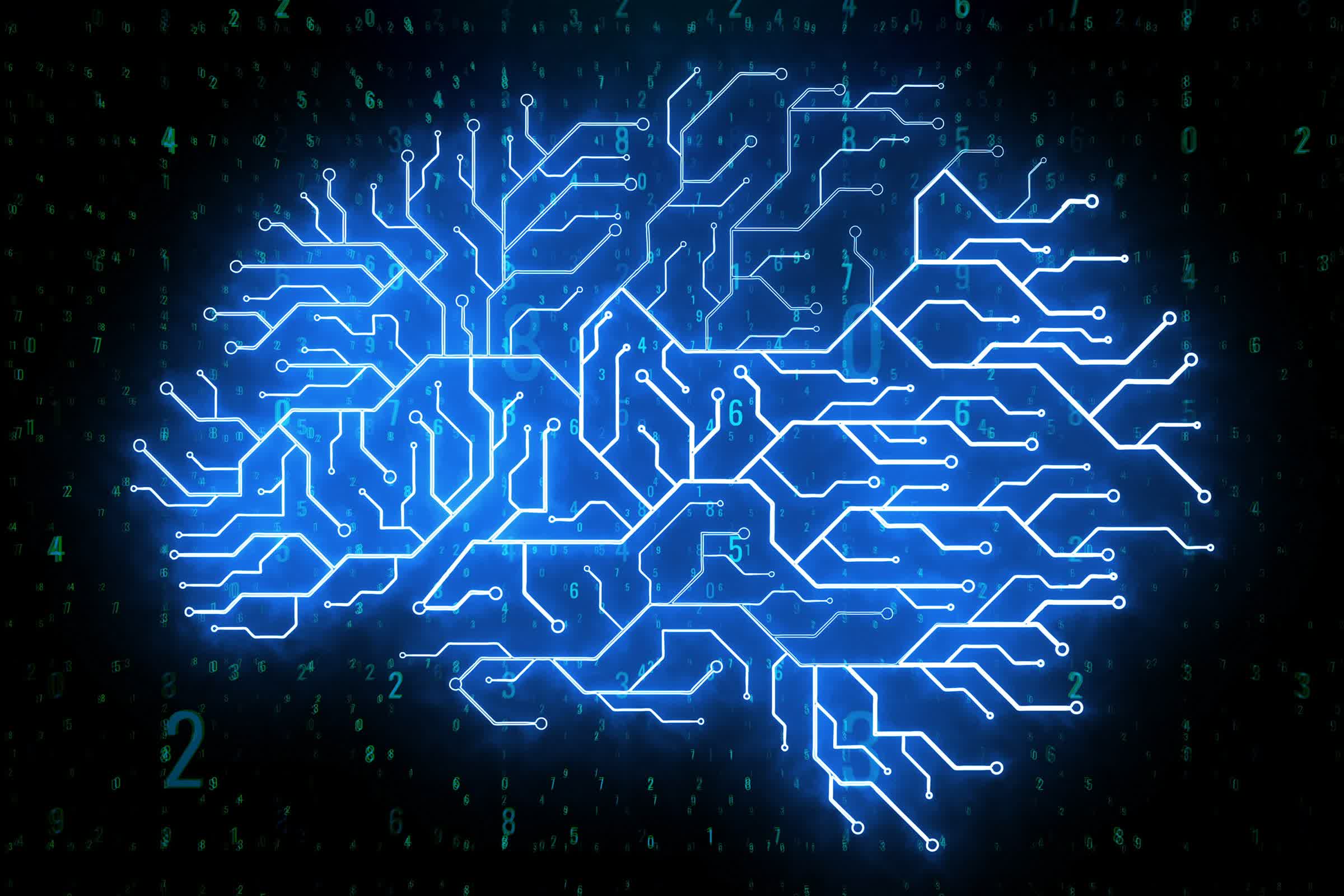Forward-looking: Google's experimental AI-powered search engine recently gained two potentially powerful features. The company wants to see if generative AI can help users brainstorm ideas when sending important messages. Google also recently pledged to offer legal defense for users of its AI tools.
Users who opt into Google's Search Generative Experience (SGE) can now create images and draft written content by typing commands into the search bar. The update is one of the most dramatic SGE has received since the company began its AI-based search experiment earlier this year.
Typing a sentence in the search bar beginning with something like "draw a," will generate up to four pictures in a Google Images window. Selecting one of them opens a screen where users can edit and refine the image to add or subtract elements or change its style. Google proposes that the tool could help users formulate ideas for greeting cards.

Predictably, SGE's image generator features safeguards against creating harmful or misleading content. Furthermore, it will include metadata to indicate that pictures are AI-generated, and users must be 18 or older.
Additionally, participants can tell the search engine what kind of draft, short-form, or long-form document to craft. Users can then seamlessly transfer the result to Google Docs or Gmail.
The draft function likely isn't designed to perform research autonomously, which is where chatbots like Bing and ChatGPT became known for their inaccuracies. To avoid the problem, Google assumes users will look up information through traditional means before asking SGE to incorporate it into a draft. For instance, the engine could draft an email asking a specific home improvement company to offer an estimate on a specific project.

The company began SGE in May, and the experiment runs until December. In August, it added the ability to summarize lengthy articles to attract more users to long-form content. Users can opt into SGE at Google's Search Labs page and use it through Chrome or the Google iOS and Android apps.
In related news, the company announced it will defend Google Cloud and Workspace AI users against allegations of intellectual property violation. The pledge follows similar promises from Microsoft and Adobe.
The protection doesn't apply to Bard but to Google's Vertex AI development tools and its Duet AI system. Furthermore, the company won't defend users who intentionally use generative AI to infringe on others' rights.
One of the primary arguments against generative AI is that much of it sources content without the original creators' consent, opening the way for legal challenges. However, some companies, like Adobe, are trying to circumvent the problem by training their AI models on stock images and public domain material, potentially forming a basis to defend their customers in court.
